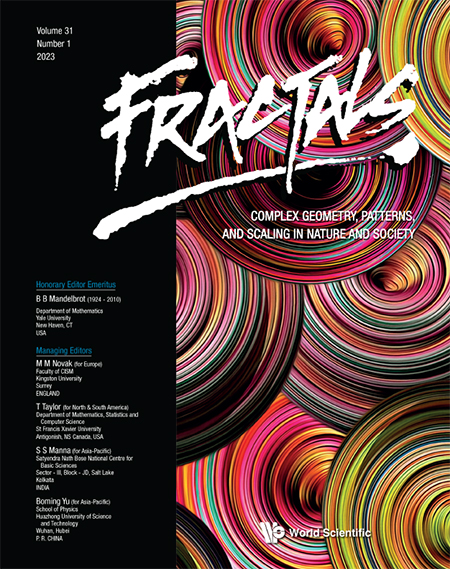AGE-BASED ANALYSIS OF THE BRAIN ACTIVITY DURING SLEEP INDUCED BY MEDICATION
Abstract
One of the important areas of research in neuroscience is to investigate how brain activity changes during aging. In this research, we employ complexity techniques to analyze how brain activity changes based on the age of subjects during sleep. For this purpose, we analyze the Electroencephalogram (EEG) signals of 22 subjects induced by sleep medication using fractal theory and sample entropy. The analysis showed that the fractal dimension and sample entropy of EEG signals decrease due to aging. Therefore, we concluded that aging causes lower complexity in EEG signals during sleep. The employed method of analysis could be applied to analyze the effect of aging on the variations of the activity of other organs (e.g. heart, muscle) during aging by studying their related physiological signals (e.g. ECG, EMG).


